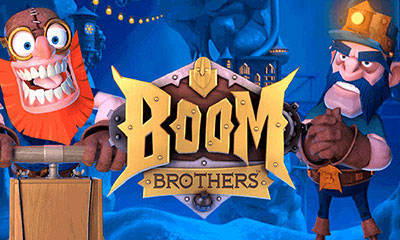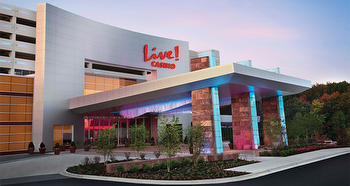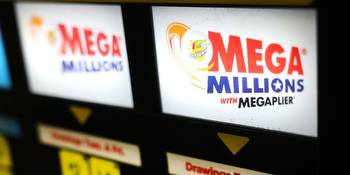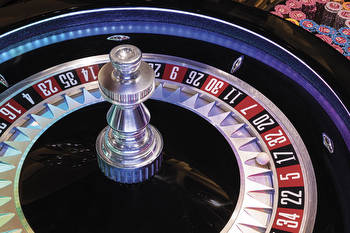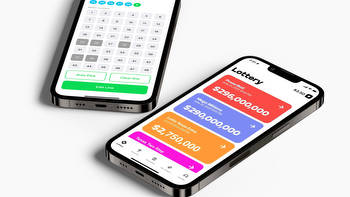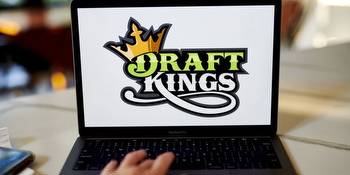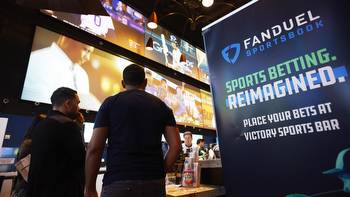Sports Gambling Was a Gateway Drug to Online Gambling and the Lottery

DraftKings would love it if you bet on the Knicks game. Oh, and while you're at it, why don't you hop over to its casino app and try out a little online blackjack? And wouldn't it be neat to eventually toss a few bucks on some lottery tickets, too?
While more and more Americans are getting used to wagering on games from their phone, sports betting is just the start. The next step is to get people to gamble on everything.
Sports betting has exploded since 2018, when the Supreme Court struck down a federal law prohibiting it. Thirty-eight states and Washington, DC, have legalized wagering, and sports leagues, which once shunned even the faintest idea of betting on their games, have embraced it. Even Disney, the bastion of family friendliness, is trying to get a piece of the pie. And it's quite a big pie: Americans legally bet $119.84 billion on sports in 2023, according to the American Gaming Association, a 27.8% increase from 2022. Sports-betting revenue hit $10.92 billion last year, up 44.5%. While growth may not continue at as high of a pace — it's not clear how many more states will legalize sports betting — it's obvious that betting isn't slowing down. The industry expects activity to keep picking up in the states that have already greenlighted it. The American Gaming Association estimates bettors wagered $23.1 billion on this year's Super Bowl alone.
But many online-gambling companies don't plan to stick to just sports. The bigger-picture bet is that once someone gambles on an NBA or NFL game, they'll develop a taste for gambling on other things, too. That will give companies more avenues to dip into consumers' wallets, many of which are more lucrative than sports betting.
"These companies do not make anywhere near as much money off sports wagering as they do with online casinos, but they do get their foot in the door with the sports wagering," Lia Nower, the director of the Center for Gambling Studies at Rutgers University, said.
Take DraftKings: The Boston-based sports-entertainment and gaming company announced in February it was buying Jackpocket, an app that lets people buy lottery tickets online, as part of a proposed $750 million deal. DraftKings also has an online-casino app and bought Golden Nugget Online Gaming in 2022 as part of its effort to build out its iGaming operations — think online blackjack, roulette, and slot machines.
Last year, DraftKings CEO Jason Robins said iGaming was a "significant chunk" of the company's revenues already and a "hidden gem" for DraftKings. In the company's most recent earnings call, Robins talked about the overlap between DraftKings customers and Jackpocket customers and touted the cross-selling opportunities he saw for all of DraftKings' products. "There's all sorts of different levers that you can pull, and the important thing is not to force anything, to try to just get the right products in front of the right customers," he said.
DraftKings isn't alone. FanDuel, which is owned by Flutter, a Dublin-based sports-betting and iGaming company, is also working on building up its iGaming offering. Caesars and MGM, both of which have sports-betting arms, are hopping on the iGaming train, too, though it's a delicate dance for the casino stalwarts — they don't want to cannibalize their brick-and-mortar operations too much.
As of now, iGaming is legal in only a handful of states — New Jersey, Connecticut, Delaware, Michigan, Rhode Island, Pennsylvania, and West Virginia — while there's legislation pending in other places, including New York. As the prevalence of online betting grows, there's plenty of revenue to be had. Chad Beynon, an analyst at Macquarie, laid out some of the calculations driving these investments. The average sports bettor may spend about $1,000 a year, he said, but the average person doing iGaming could spend $5,000 — the action is 24/7, while there's a finite number of sports games to bet on. And then there's the lottery, where an average player will spend $300 a year. All that combined under one umbrella translates to dollar signs.
"Sports betting is kind of like the customer-acquisition channel, and then you cross-sell them other things," Benyon said. "Ultimately, they're trying to be digital leaders, and whether it's lottery tickets, sports betting, I think these companies ultimately want to do everything."
The drive into iGaming is particularly appealing because sports betting is a low-margin business. Companies have to pay leagues or third-party vendors for data and wait for games to happen. By contrast, online tables are open all year, around the clock, and there's no one to pay to host the action. Plus, Nower told me, the payouts on games such as slots or roulette are much more favorable to the operator than sports betting.
Sports betting can also help to solve an age-old problem for casinos and other traditional forms of gambling: getting younger people hooked. A 22-year-old may not go to Atlantic City to hit up the blackjack table, but they'll make a prop bet on a baseball game on their phone and maybe try out a few hands of blackjack while they wait for the result.
"What we're finding is since the legalization of online casino gaming and sports wagering, more people are wagering online and more people are wagering both in land-based and online venues," Nower said, citing a recent report on the of gambling in New Jersey she coauthored. "It's this additive effect of more forms of gambling that are legalized and more ways in which you can gamble."
Sports-betting companies want to not only break into people's gambling budgets but also get into their entertainment budgets, said Chris Grove, a sports-gambling-industry investor at Acies Investments and a partner at EKG Ventures, which invested in Jackpocket. These companies could start to offer products that may be gambling but not feel like it to consumers, he said, adding that a lot of people didn't really think of the lottery as gambling, even though it is.
"The goal for a lot of these companies, DraftKings, FanDuel, etc., is to really ask the question of, yes, I can try to win more share of that gambling dollar, gambling budget, but that really only goes so far, and it gets more and more expensive," he said. "The greater my share becomes, I need to start thinking about how I can access the broader entertainment share of the consumer wallet."
It's not dissimilar to what Las Vegas has done over the years, Grove said. It's a destination for not just gambling but also shows and hotels and, now, the Sphere. Play it forward, and what this looks like at the end of the day could be an ecosystem of brands and products, some of which look very much like gambling, some of which don't.
Of course, as fun as sports gambling is — as is gambling in general — it has some serious downsides for society. Sportsbooks and gambling operations say they're a meaningful source of tax revenue for states, which is why states greenlight them in the first place. That's true, though just how much money is being raised can really vary from state to state. There's also the question of trade-offs. Gambling addiction is a real problem that often gets glossed over. According to the National Council on Problem Gambling, 2 million Americans have a severe gambling problem, and another 4 million to 6 million a mild or moderate problem. As depicted in a recent "SNL" skit, the gist of a lot of sports-betting ads is basically, "SPORTS BETTING IS COOL AND GREAT AND AWESOME (and also here's a number for if you have a problem, but let's not think too hard about that)." What gambling companies will note is that they have a number of consumer protections in place that illegal and offshore operations don't — cooling-off periods, mechanisms for gamblers to set limits on things including their deposits and wagers, and tools to automatically detect potential problem gambling.
Expanding the offerings means greater risk of more people developing an unhealthy gambling habit. In New York, calls to problem-gambling hotlines have increased along with the tax revenue the state makes off sports betting.
"The online space, which is 24 hours a day and in your pocket, is driving more involvement," Nower said. The more people gamble — and the more culturally acceptable gambling becomes — the more possibility gambling addiction becomes a bigger issue. It also depends how many states get on board with iGaming, which they've generally been more wary of.
The culture around gambling in America has meaningfully shifted in recent years, in no small part because of sports betting. I partake, though not heavily — I've been betting the same $20 up and down on the Caesars app for over a year. If New York legalizes iGaming, might I start doing slots on my phone? Personally, I don't know. But companies are betting many will.
Emily Stewart is a senior correspondent at Business Insider, writing about business and the economy.







